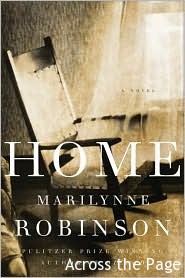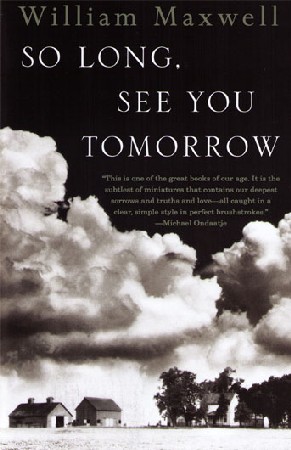Tolkien’s World
My daughters are becoming pretty knowledgeable Middle Earth historians. Last night at supper they were discussing why Elrond’s brother Elros may have chosen to become human rather than an an elf. Then there followed a comparison of Sauron with Satan. And so on.
They get all of this from the appendixes at the back of the Lord of the Rings. I’ve always stopped at the end of the story and been ready to move on, but they like the annals of the kings, the dwarf family trees, and the other elaborations and side stories.
I guess this is good. The scope and development of Tolkien’s imaginative universe is amazing — really a lot like the imaginative universe a child invents when armed with nothing but a few plastic figurines and the great outdoors. My daughters have found themselves in this situation often growing up, and I’ve always enjoyed listening to them. So much of their play involves inventing a story, populating a universe, constructing a history. Their talk is always punctuated with story conventions: “he said,” “she said,” patches of narrative that not only express what a given toy may be saying, but that tell what they are doing and thinking. So maybe this is part of the appeal of Tolkien trivia.
It all makes me wonder about the value and function of such imaginative worlds. Much has been written about them — authors frequently cite their favorite books as children, and particular imaginative realms are usually a key part of the appeal. I believe that somehow, places — real places, and also literary and imaginative places — are significant in some ground-level way in our thinking and in our identity. It’s not mere escape, although that is a part of the reading experience. These worlds become, somehow, part of our minds’ structure.
All that I remain conflicted about is the fact that my daughters are experiencing it all via audiobook. Younger Daughter follows along in the printed tome on occasion, but for the most part they have simply listened and re-listened to the unabridged audiobook we got from the library. The book is written at a fairly lofty level and though they would understand it I doubt that they would have had the patience to plow all the way through it at this stage (though it’s conceivable to me that children their age could). If I were reading it aloud it would take a long time and wouldn’t carry this quality of immersion experience. Listening to the audiobook is a whole different experience.
But on the downside, it permits multi-tasking. It represents a short-cut to the immersion experience. It’s less work, taking less concentration and patience than working with the physical book. I’ve been on the fence about audiobooks for quite some time and I guess I remain there.
I’ve pondered this before. From the archives, here is a sampling of past posts on this subject:


